Defying Passivity
A Wicked Way of Teaching and Learning...
Imagine this…
It’s a little past 9:00am on a Monday morning. Pupils arrive to their school’s Cinemar Room (that’s an intended portmanteau that I now fear just looks like a typo), where they are encouraged to hang up their coats and bags, take out a notebook and pen, and sit at their desk chairs. Placed on each desk is a bottle of water and a banana (for hydration, sustenance and general clean-living vibes).
Their supervising teacher (whose responsibility it is to oversee the unit of work that the pupils are about to start) introduces the source material: it’s the movie ‘Wicked’ by Winnie Holzman and Stephen Schwartz. In fact, it’s actually poised to be a little more than ‘source material’, it’s the inspiration behind all the work the students will complete this week. It is a creative source; it is inspiration material.
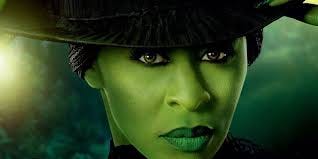

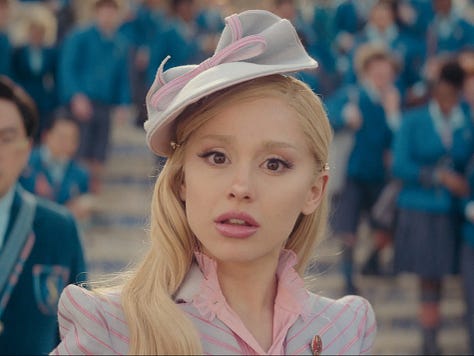
The teacher offers a little background, making explicit reference to The Wizard of Oz and the stage musical Wicked. She then presents six still images from Wicked, to reference the six key areas that the pupils will be studying throughout the week. They are revealed to the pupils as:
1. The Nature of Good vs. Evil
2. Social Injustice and Prejudice
3. Identity and Self-Discovery
4. The Power of Friendship and Loyalty
5. The Role of Leadership and Power
6. Environmental Responsibility
Whilst there isn’t a need to explicitly state the academic subject references to the pupils, the teachers’ plans mention that the following areas will be covered over the course of the week: philosophy, RE, English literature, English language, psychology, civics, politics, science and geography.
And then, the movie begins.
There’s no popcorn. But there are, remember, bottles of water and bananas.
Wicked is 2 hours and 40 minutes long. So there may or may not be a requirement for an interval, I’ll leave that to the imaginary teachers I’ve placed in charge.
But, once the movie has finished, the pupils are given a break, during which they are encouraged to talk about what they’ve just watched. There is no danger of the chat being ruined by scrolling, because at this school, the pupils place their mobile in secure phone lockers at the beginning of each day.
There are approximately 4 hours left of their Monday. That leaves time for lunch, and an extended first lesson of the week. It’s on The Nature of Good vs. Evil.
Throughout the week, lessons might typically begin with a ‘mini-lecture’, but during meticulous curriculum planning meetings, the teacher has noted the relative passivity of the pupils’ morning, and so has ensured that this particular lesson begins with something a little more active, perhaps a think-pair-share, or a silent debate, something like that.
Glinda and Elphaba are mentioned - certainly at the beginning - and pupils are encouraged to make direct references to the text when possible. But the teacher has also skilfully planned to teach pupils about Cain and Abel, Satan, Jekyll and Hyde, and Harry Potter and Voldemort.
By the end of the lesson, Glinda and Elphaba are displayed on the board again. Along with a Nature of Good vs. Evil assignment.
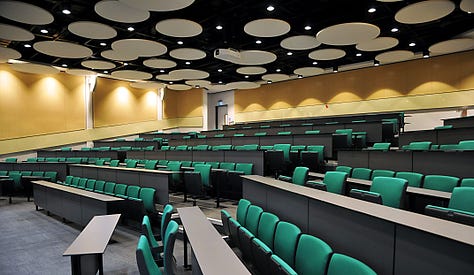
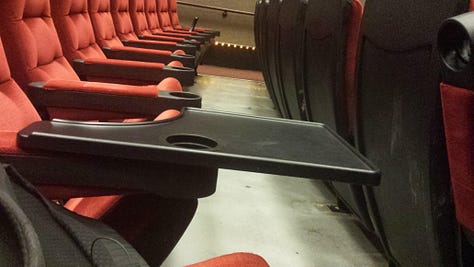
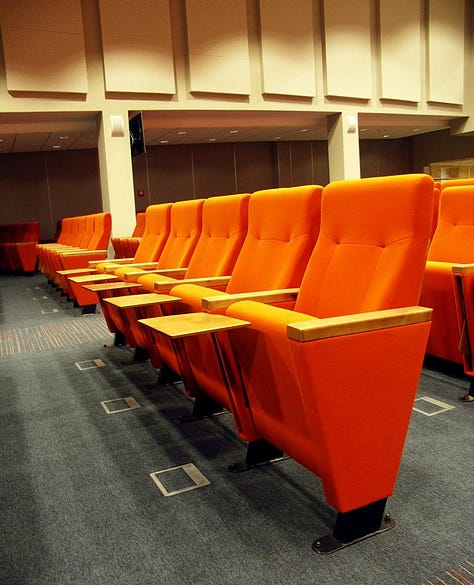
By the end of the week, pupils will have completed six assignments (one for each of the six key areas). Every student has a digital learning log (essentially a blog), on which they can either upload mini-essays, or videos, or audio of speeches and debates. Teachers ensure that there is a good mix of media across the six assignments.
Assignments for this first key area might include: ‘Why does the battle between good and bad still captivate us?’, ‘Are we born good or do we choose?’, or ‘Are we all a little bit wicked?’
Teachers know it is important to free up the students’ workload for the weekend, so Friday’s midday deadline is always referenced. Happily, most students take advantage of the school’s study club, staying for an extra hour after school so they can go home and enjoy their free time.
And so the week progresses…
Over the course of Tuesday, Wednesday and Thursday, there is a good amount of time given over to practical art, sport and anything conspicuous from its absence in this week’s key areas (in this example, it’s quite clearly mathematics). However, the majority of the pupils’ lesson time is spent in beautifully crafted lessons on Social Injustice and Prejudice; Identity and Self-Discover; The Power of Friendship and Loyalty; The Role of Leadership and Power; and Environmental Responsibility.
Imagine the possibilities: great teaching - driven by teachers’ passions, real-world interests and interactive approaches to learning. Teaching that gives pupils opportunities to discuss, show empathy, make connections between subject areas, to create, and… (drumroll)… to think.
In this particular week’s focuses, pupils will be able to: examine the themes of prejudice and discrimination in Wicked - taking the marginalisation that Elphaba suffers because of her green skin, as a starting point, before linking that to real-world historical and contemporary examples of racism; they will analyse topics such as self-esteem and understanding uniqueness; they will consider the impact that our relationships have on our own sense of identity - a literature specialist references Lennie and George, Holmes and Watson, Scrooge and the Spirits, as well - of course - as Elphaba and Glinda.
All the while, the pupils are encouraged to make connections between the topics they are covering.
Personal growth, emotional intelligence, the impact of friendship - all of these are given airtime.
And as they enter the latter half of the week, pupils continue discovering: they discuss how power can be used or abused; they complete an assignment in which they consider what makes a good leader; Churchill, Roosevelt, Mandela and Emmeline Pankhurst are highlighted by a history specialist, who also raises the notion of public persona vs. reality, and skillfully links that back to The Wizard.
By Thursday afternoon, pupils are making connections between the plight of the animals in Oz and our own planet’s real-world issues like climate change and sustainability. A talented geography teacher is asking pupils to consider how we can balance our natural instinct to progress with our environmental responsibility. The last assignment of the week asks pupils to record a speech in which they give their views.
Friday arrives, and the pupils (and teachers) feel a sense of wholesomeness because they’ve partaken in deep, immersive learning all week. They have made connections. Their education has been organic, innovatively driven by engaged teachers, and authentic.
By Friday afternoon, pupils have submitted their assignments, their blogs are up-to-date, and they’re ready to watch the movie again, with the joy of a deeper understanding, better intellectual engagement, and the demeanor of students that are thrilled to be attending a school that is through with accepting limits, cause someone says they’re so.
The pupils file back into their cinemar room, ready for their second showing of Wicked. There are bottles of water, bananas, and perhaps - seeing as it is Friday - a little bit of popcorn too.

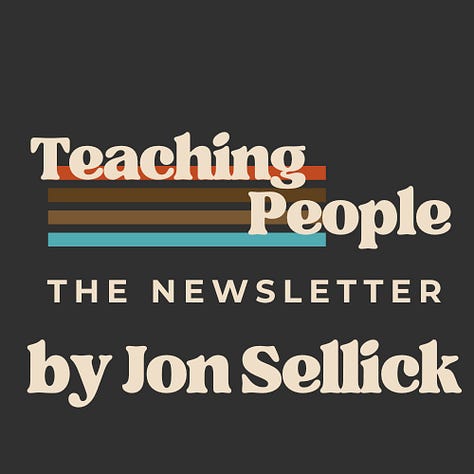

Thanks for reading Teaching People. If you enjoyed today’s post, you might also find some of these to be up your street:
Your support is greatly appreciated. This is an entirely free newsletter. Please feel free to like, subscribe and tell your friends.
Have a great week!
Jon

